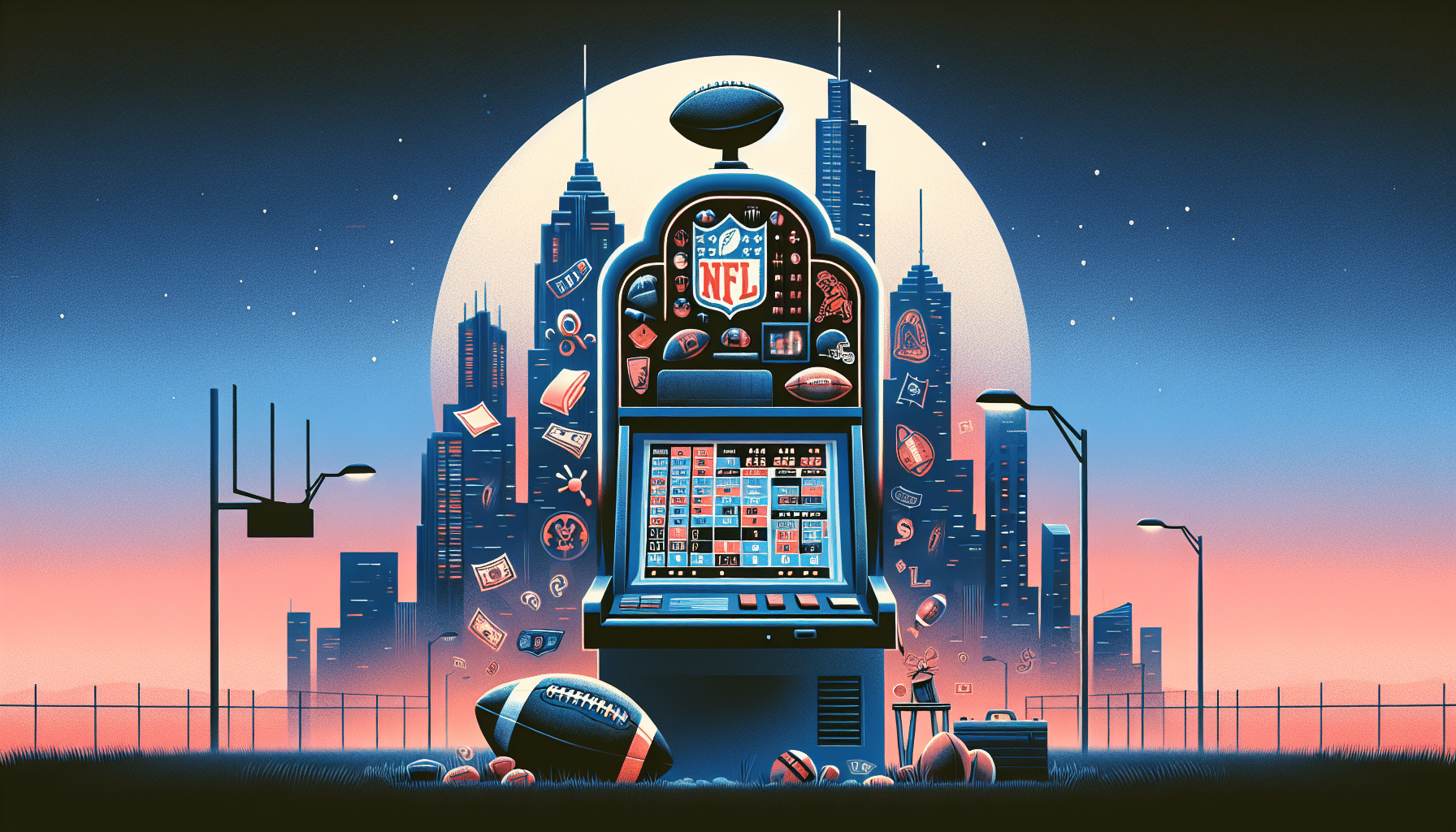The unfolding story of sports betting in Illinois has taken an intriguing turn as the state faces a reduction in betting options following an unusual request from the NFL. The move has sparked discussions among sports enthusiasts and stakeholders about the evolving landscape of sports betting in the state. This article delves into the nuances of the situation, examining the implications for Illinois sports bettors and the broader betting industry.
The NFL’s Influential Request
The National Football League, known for its stringent regulations and influence over sports wagering, has recently requested a narrowing of Illinois’s sports betting options. Essentially, the NFL has asked bookmakers to eliminate certain bet types deemed easily manipulated, aligning with the league’s ongoing efforts to maintain the integrity of its games and guard against potential conflicts of interest.
While specifics of the restricted bets have not been publicly disclosed, industry experts speculate that they may involve in-game prop bets, which have been a focal point of concern for sportsbooks and leagues alike. By curtailing these wagers, the NFL aims to ensure a fair and transparent betting environment.
Impact on Illinois Betting Market
Illinois has emerged as a prominent player in the sports betting industry, boasting a burgeoning market bolstered by enthusiastic participants. However, the NFL’s request could see a notable limitation in the range of betting options available to fans statewide. This shift may affect:
- Betting Revenue: Limiting bet types could potentially impact overall wagering volumes, leading to reduced revenue for sportsbooks and the state.
- Gambling Experience: Bettors might find fewer opportunities to engage in personalized and diverse betting experiences, which could influence their overall satisfaction.
- Competitive Edge: Surrounding states with more flexible betting options might attract Illinois bettors seeking a broader array of wagers.
Despite these potential drawbacks, it’s imperative to recognize the rationale behind this restraint—upholding the integrity of the sport and safeguarding against unethical practices. For additional insights into state-specific gambling regulations, readers can explore resources from the American Gaming Association.
Response from Industry Stakeholders
The decision has elicited a variety of reactions from stakeholders within the Illinois sports betting scene. Sportsbooks are keenly assessing the implications and considering adjustments to remain in compliance with this new directive. Meanwhile, bettors are expressing varied opinions about the change, with some praising the effort towards fair play and others lamenting the reduced repertoire of betting options.
Local lawmakers and regulatory bodies are also engaged in ongoing discussions to address these challenges. By implementing measures that promote transparency and good practice, they aim to balance industry growth with responsible engagement.
Looking Ahead
As the Illinois sports betting market adapts to these recent limitations, it offers a timely opportunity for stakeholders to reevaluate their strategies. Adjusting to this change requires innovation and flexibility; sports operators may need to enhance their offerings in other areas to maintain market competitiveness.
Moreover, the implications of the NFL’s request could extend beyond Illinois, potentially influencing sports betting regulations in other states. For a broad view of this evolving industry landscape, consider visiting reports from Gaming Today for up-to-date analyses.
Navigating the Future
While restricted betting options present a challenge, they also underscore the need for creativity and adaptability in the sports betting ecosystem. By prioritizing integrity and compliance, Illinois can continue to foster a vibrant sports betting culture that aligns with both consumer interests and legal expectations.
In conclusion, as the Illinois sports betting market accommodates the NFL’s request, the state is presented with a unique opportunity to redefine its position in a rapidly evolving industry. By leveraging innovative solutions and embracing a forward-thinking approach, Illinois can continue to thrive while ensuring the integrity of sports remains uncompromised.

